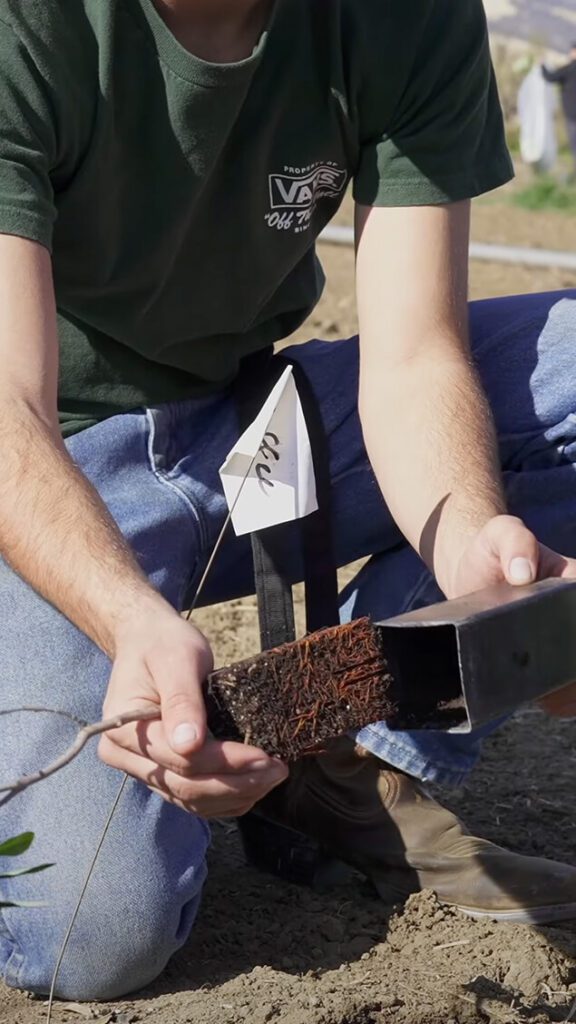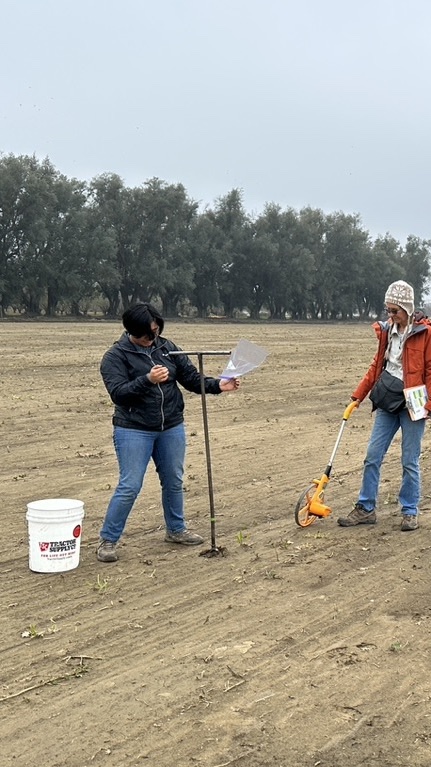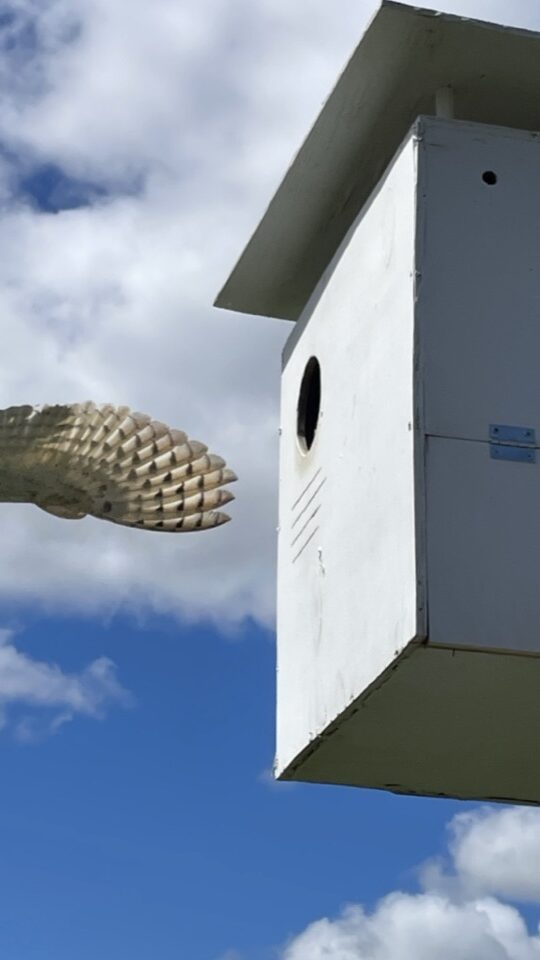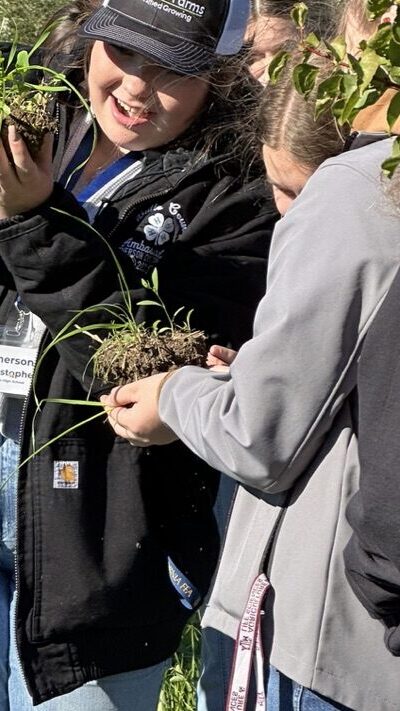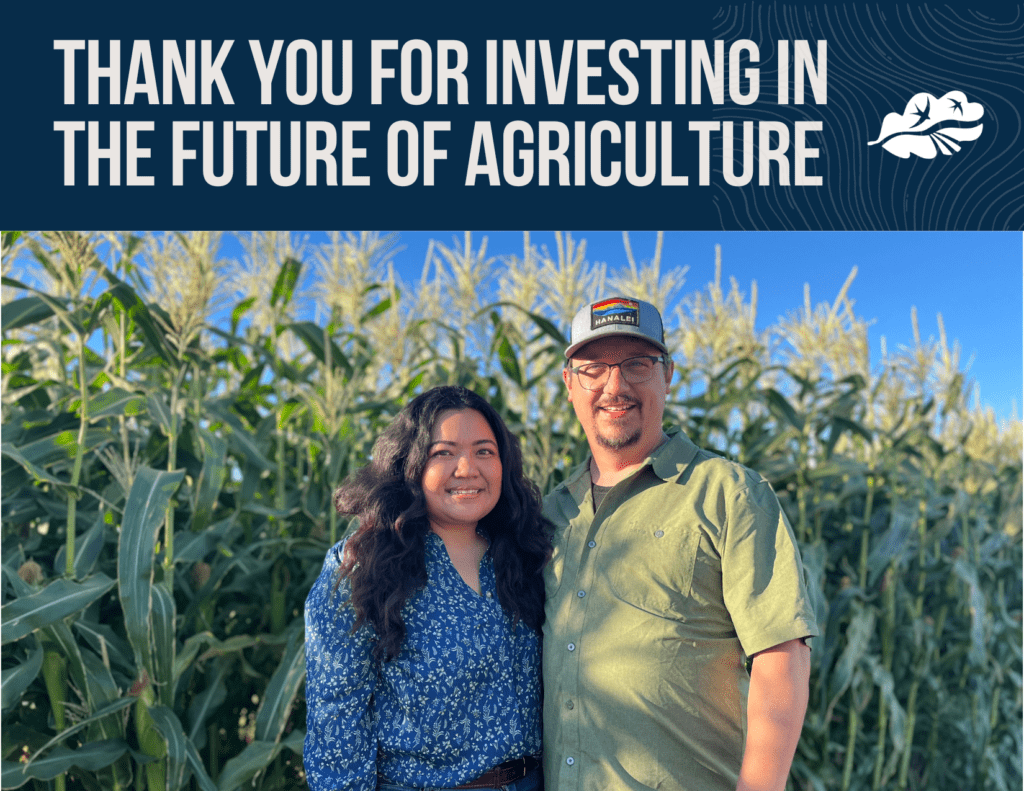The Center for Land-Based Learning’s Farm & Climate Program addresses the dual challenges that varied weather patterns and declining biodiversity pose on farms.
Based at CLBL’s headquarters at The Maples Farm in Woodland, CA, the Farm & Climate Program seeks to increase the rate at which greenhouse gasses are stored in agricultural soils while improving other measures of ecological health, such as habitat, biodiversity, and drought resilience.
The program encompasses four main areas of action: carbon farming, research, habitat restoration, and education and outreach. We are researching, developing and demonstrating practices that can pull CO2 and other greenhouse gasses from the atmosphere and store it in plants and soil. Agricultural soils are one of our most important resources for achieving this “carbon sequestration,” especially in Yolo County which is 85% agricultural lands.
We are also building biodiversity by planting native hedgerows, establishing a pollinator bioswale and installing nesting boxes for bluebirds, tree swallows, barn owls and bats. We are routinely monitoring these plantings and boxes and sharing our data with community science projects like the Xerces Society’s Bumble Bee Watch and the Cornell Lab of Ornithology’s NestWatch.
Our research, outreach and trainings will help farmers and the general public take action to become more climate resilient and restore habitat for wildlife.
Carbon Farming
Proven and measurable practices that increase the rate at which CO2 and other greenhouse gasses (GHG) are removed from the atmosphere and stored over the long term in soil and plant material.
Read our Carbon Farm Plan
Research.
Habitat Restoration
Our headquarters at The Maples is a 30-acre teaching farm with a 20-year restoration plan that puts our vision into practice.
Education and Outreach
Integrating carbon farming, scientific research, and culturally relevant methods into all we do.
